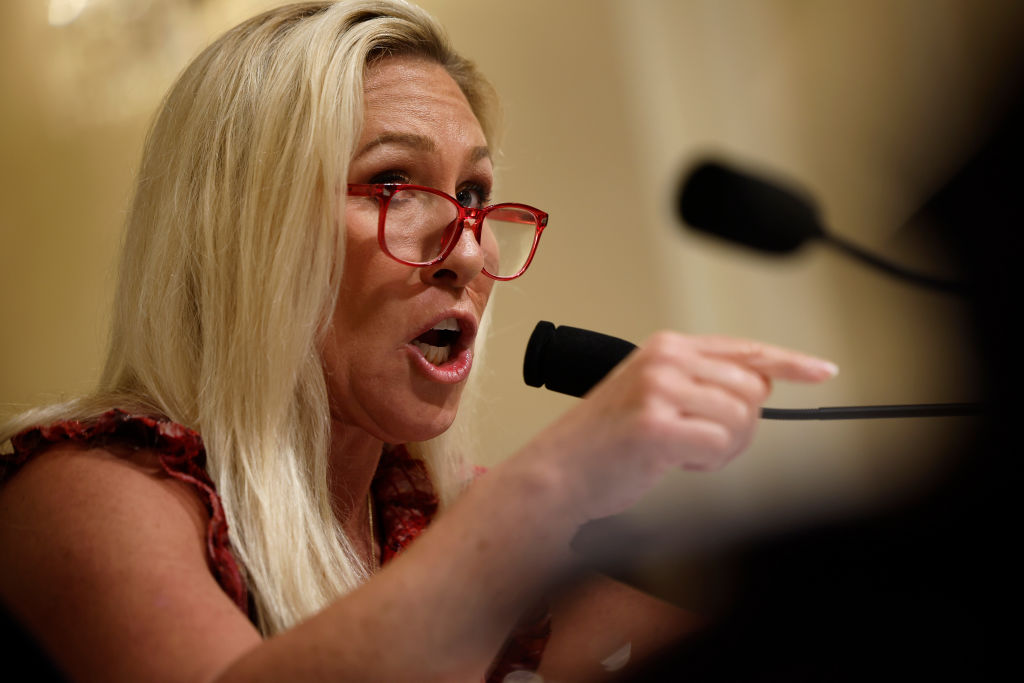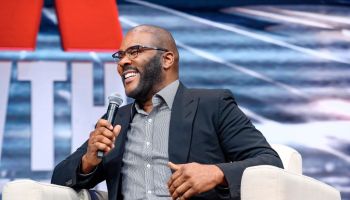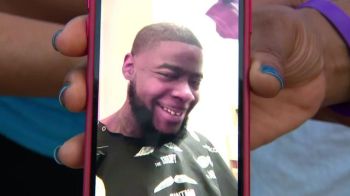I try not to read the New York Post, but my job as a media professional requires me to consume a variety of media–even journalism bigoted in nature.
However, Phil Mushnick‘s recent post on Adrian Peterson takes the cake.
He essentially argues that the nation’s sympathy for the reigning NFL MVP over the death of his son is predicated on our nation’s impulse to glorify NFL athletes for their performance on the gridiron, no matter their moral character. Funny coming from a columnist whose paper published a cartoon of President Barack Obama depicted as an Ape being shot over what was suppose to be a joke about the 2009 stimulus debate.
But I digress.
By now, everyone with an Internet connection is aware that Peterson’s son died last week, allegedly by the abusive hands of a man the boy’s mother was dating. That Peterson didn’t know the boy was his until a few months ago and that he had done everything he could to be part of his life seems to have flown well above Mushnick’s Cuckoo Nest of a brain.
Brushing aside the player’s well-known community service work, Mushnick was quick to mention the player’s arrest at a night club last year and that he was cuffed for a speeding ticket as if none of his conservative peers have never been ticketed for pushing the peddle to the floor.
That aside, I will not focus on racism in my critique of his column as many other writers have; lamenting The Post’s racism is like asking a pile of cow dung to be mindful of its odor. My issue with columnist’s harsh rebuke of redemption and basic humanity.
Mushnick essentially argues that Peterson was indirectly complicit in his son’s death.
With his resources, how could Peterson, the NFL’s MVP, have allowed his son to remain in such an environment? Did he not know, or not care? Or not care to know? Or not know to care?
Peterson couldn’t have provided his son a better life, a longer life?
Money can’t buy love, but having signed a $96 million deal, he could not have provided his child — apparently his second from a “baby mama” — a safe home?
For one, we are not sure that Peterson was not in the process of doing that. TMZ reports that he was making every effort possible to help the child. I cannot begin to imagine what Peterson is feeling now, but I do know how it feels to be emotionally connected to a family member you recently met and doing all you can to make up for lost time.
Back in 2009, I met my father on Facebook for the first time after searching his name on the social network. He and my mother dated while both were soldiers in the U.S. Army. My mother became pregnant with me during their relationship, but neither she nor my father knew it when he was transferred to an Army base in Korea. There was no Internet back then and they lost contact.
Watch “Today” show segment of how I met my father on Facebook:
Growing up in a house in Detroit, Mich., where I was exposed to violence, drug use and drug dealing, I often feared for my life. My grandmother did the best she could protect me from those circumstances, but I always yearned for my father. If he knew I was alive, would he take me out of that environment, I often wondered.
Come to find out, he was shocked that he had a 29-year-old son when he replied to my Facebook message, but he immediately took on the role of “daddy” when he realized that I was indeed his. The affection I felt from his instant love is something that supersedes conventional constructs of how one bonds with another human being. When I told him of my rough upbringing, he said he would have flown from New York City and “taken me home.”
But he didn’t know and I am OK with that.
Now, many of you may say, “Why would he and my mother put themselves in that situation?” or “They should not have had unprotected sex prior to marriage.”
Quite frankly, sh*t happens.That’s life.
And this is what Adrian Peterson is dealing with: Life. Sometimes, we do things without comprehending the results of our actions. But when the unexpected does happen, we do our best live with our choices. That is what my father, Chris Truesdale, did. When I met my father, there was no anger. I didn’t blast him for not being in my life; I thanked God that he choose to claim me as his own when he was given the option to do so.
And, from most published reports, that is what Adrian Peterson was doing. He was stepping up to being a father, but tragedy stepped in his way.
So when I read columns like Mushnick’s, I do not think about race or The Post’s maligned history with minority communities. I think about the bottomless pit Mushnick’s heart fell into.
I’ll continue to cheer “AP” on for the rest of the season and pray that his heart will heal over his devastating loss. And I’ll toss Mushnick’s column in that same bottomless pit where the rest of his humanity seems to be deep-diving into soulless perpetuity.
















